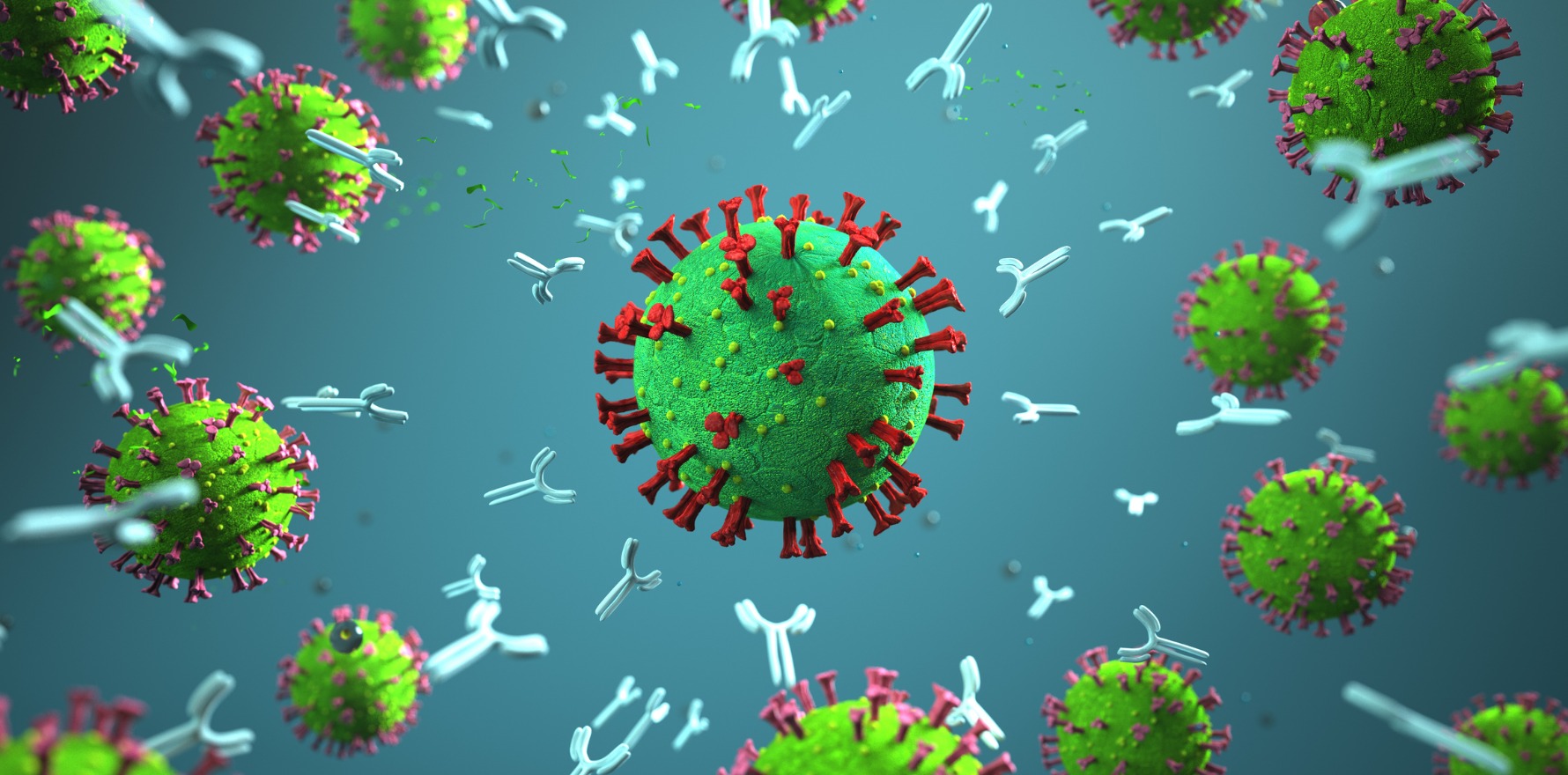Some patients for whom the drug stopped working were found to be carrying a strain of SARS-CoV-2 with resistance mutations.
Covid can develop resistance to the monoclonal antibody that was thought to be “variant-proof”, Australian research suggests.
A research letter published in the New England Journal of Medicine reports on four patients with covid who experienced treatment failure with sotrovimab, and were then found to have variants of SARS-CoV-2 that carried resistance mutations to the drug.
The Australian study enrolled 100 patients who were treated with sotrovimab during the Delta outbreak between August and November last year. Eight of these patients were persistently positive for SARS-CoV-2 despite treatment.
When researchers analysed respiratory specimens taken before and after treatment, they found that four of these patients were carrying SARS-CoV-2 strains with mutations in the receptor-binding domain of the virus’s spike protein that enabled the virus to avoid being neutralised by the monoclonal antibody.
While the study was conducted during the Delta outbreak, the finding is particularly worrying because sotrovimab is one of few monoclonal antibodies that is effective against infection with Omicron.
The drug targets a highly-conserved section of the SARS-CoV-2 genome, and was hoped to be effective against a range of sarbecoviruses – which includes SARS-CoV and SARS-CoV-2. But the warning signs were there from the start, says lead author and genomics researcher Dr Rebecca Rockett, from the University of Sydney.
“The drug company themselves had had highlighted that in vitro, these mutations caused significant resistance,” she said. “So once we generated the genomes, we knew where to look.”
The patients who developed resistance all had significant underlying health conditions, which Dr Rockett said meant their immune systems weren’t as well equipped to fight the virus so it was able to replicate faster. “Normally we have the drug plus your immune system doing its work together, but these people don’t really have an immune response at all,” she says.
The findings highlight the need for more careful surveillance in patients treated not only with sotrovimab but also other monoclonal antibodies and antivirals, Dr Rockett said.
“The really concerning thing for me was the fact that these patients still have enough virus in their respiratory tract that they can transmit the resistant virus into the community,” she said. “If the drug fails for a couple of patients, that’s really unfortunate, but if we drive a resistant virus moving back into the community, then that’s a really big problem that we’d like to avoid.”
UPDATE: GSK Australia responded to this story after publication with the following points:
- This case series is a very small study with results consistent with our large, randomised, controlled clinical studies which have shown that a small proportion of patients develop on-treatment resistance.
- Resistance is also seen in studies for other covid-19 monoclonal antibodies and oral treatments, and relates to how the immune system interacts with the virus.
- This report (Rockett et al.) does not change the positive benefit-risk of sotrovimab for use in the treatment of mild to moderate covid-19 in patients at high risk of progression.


